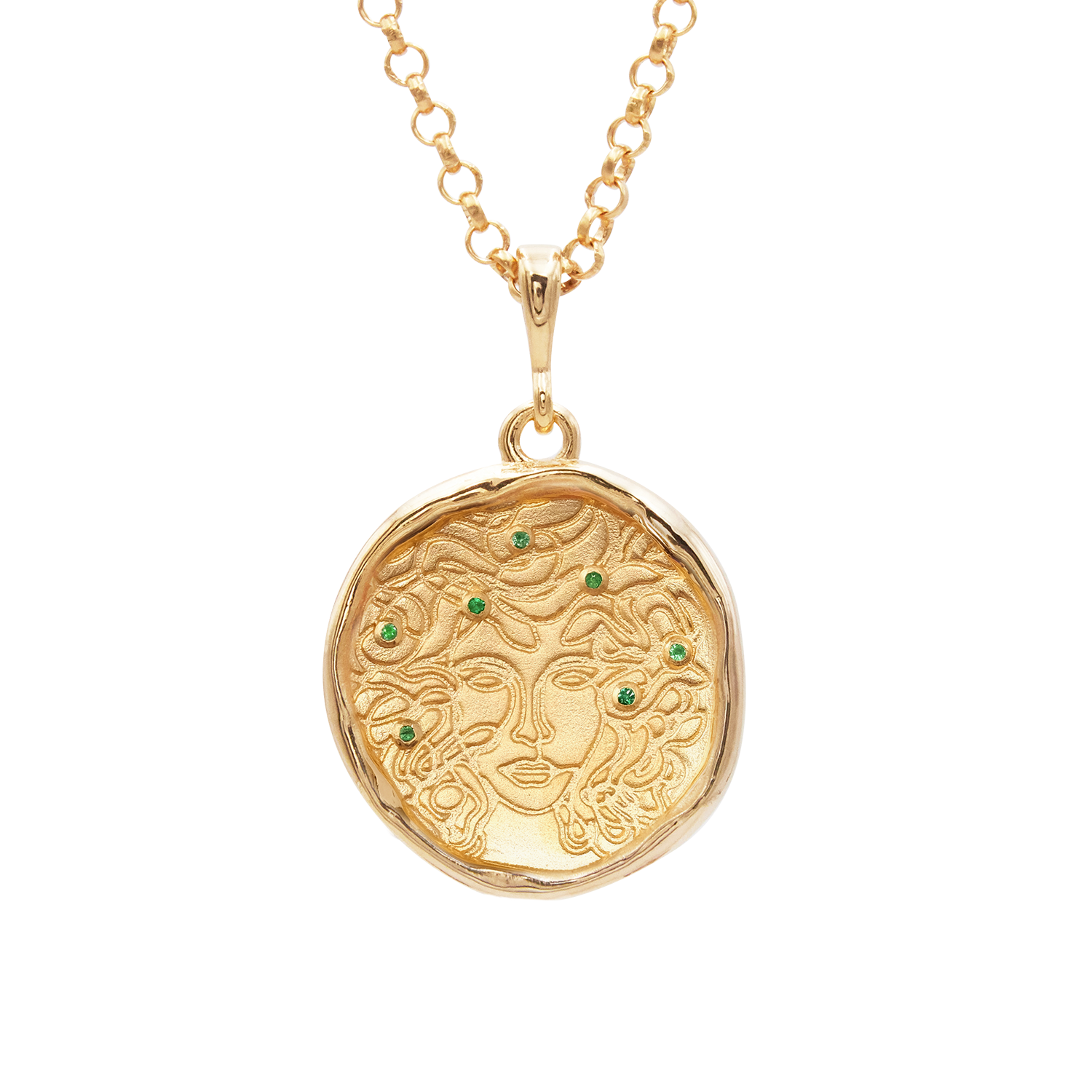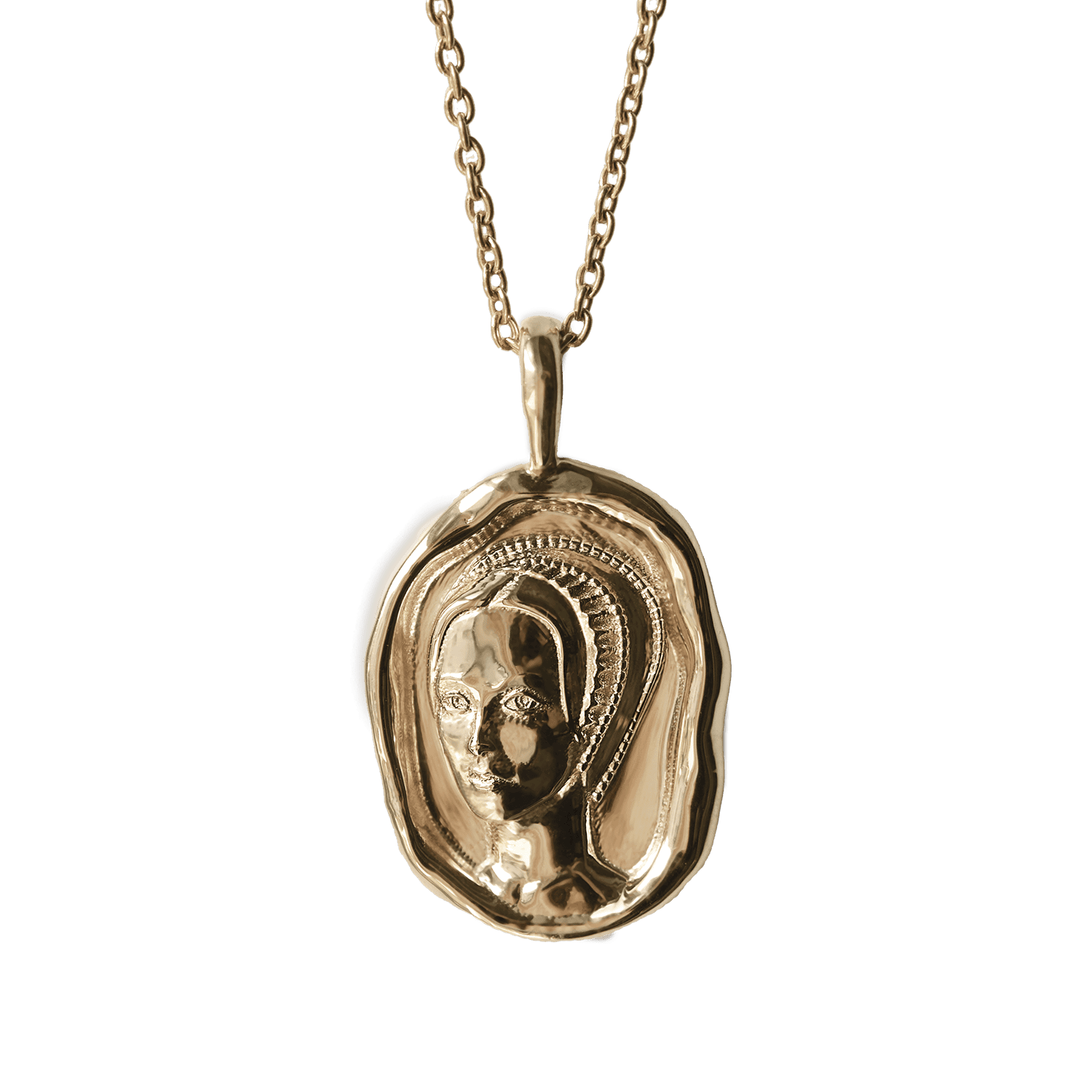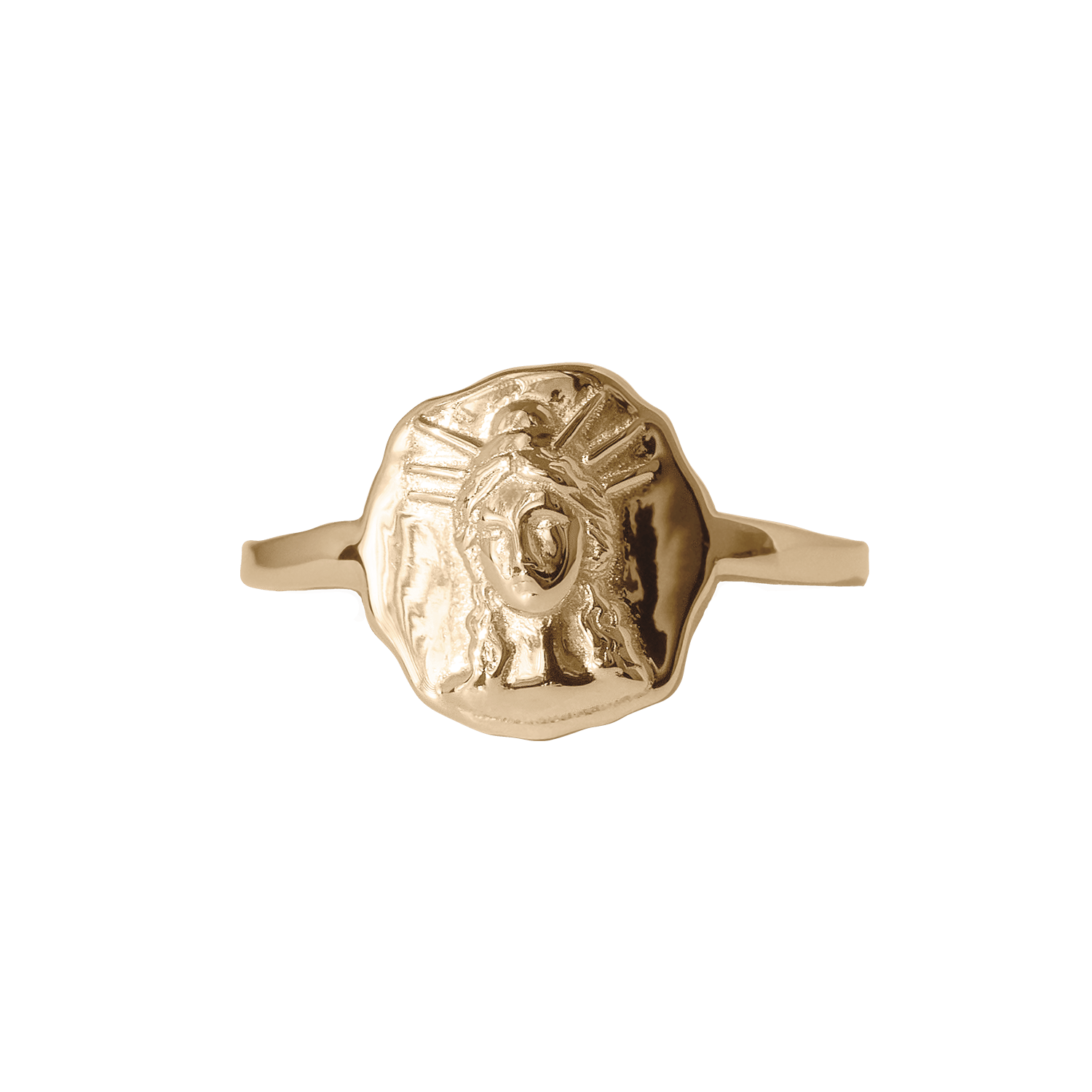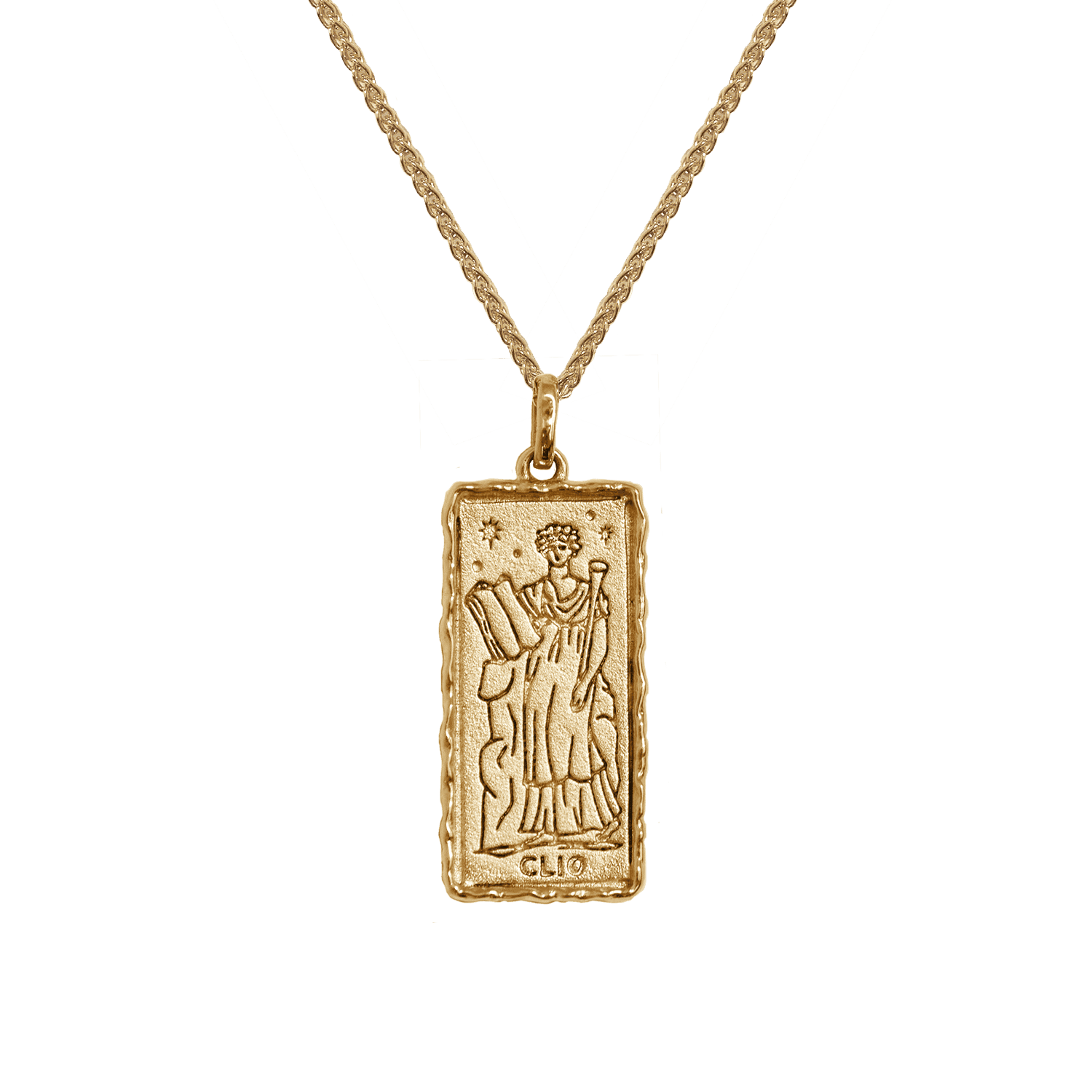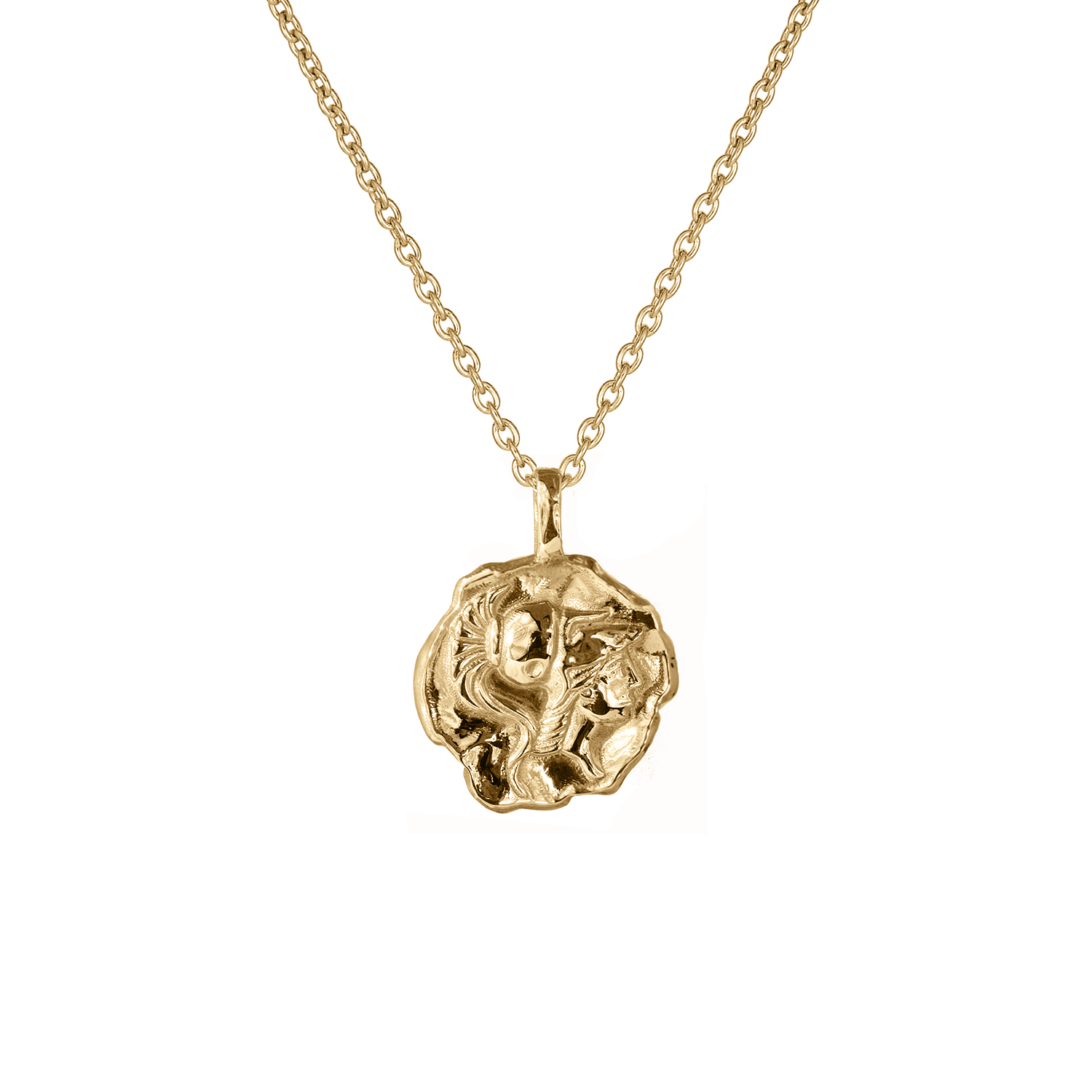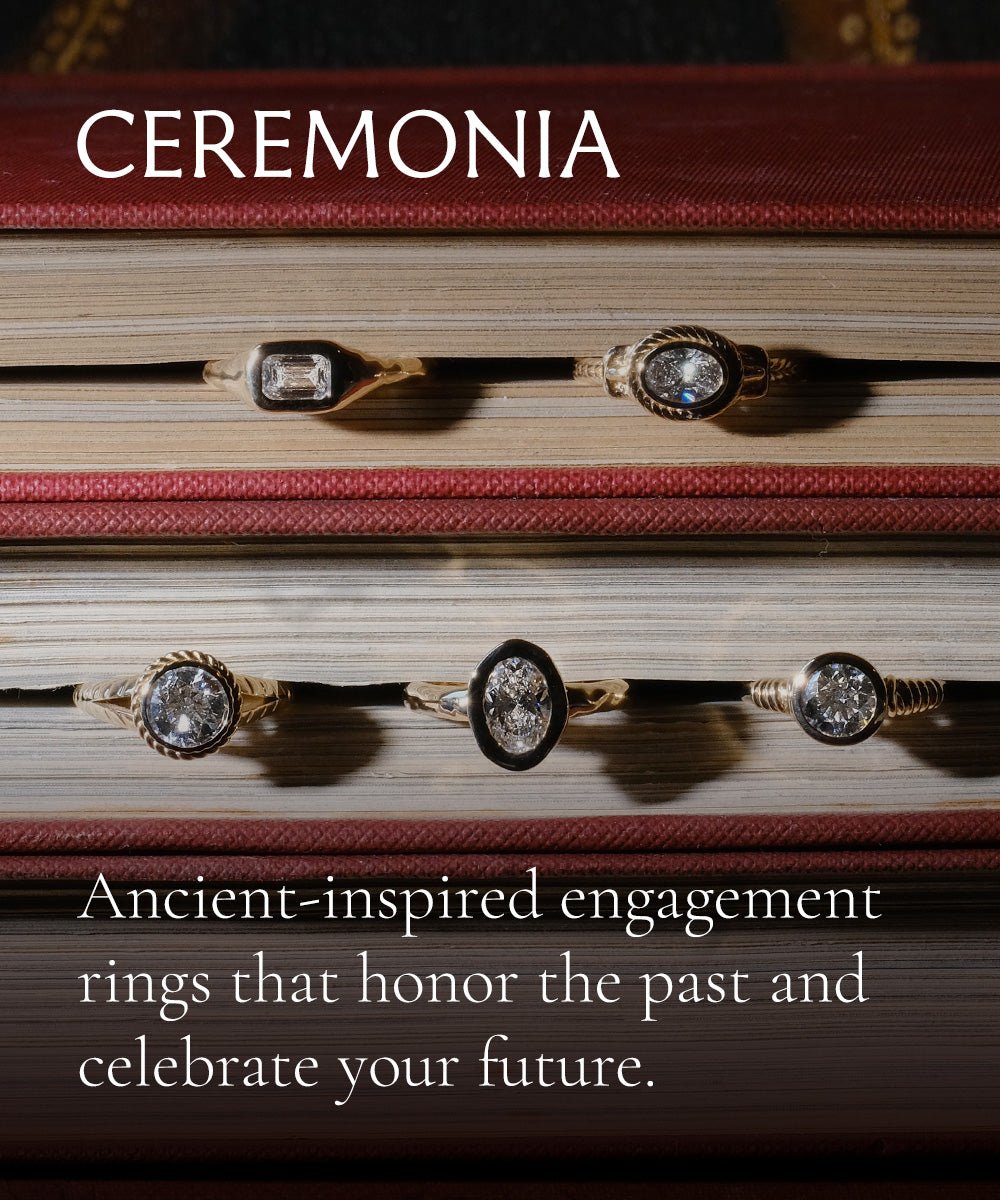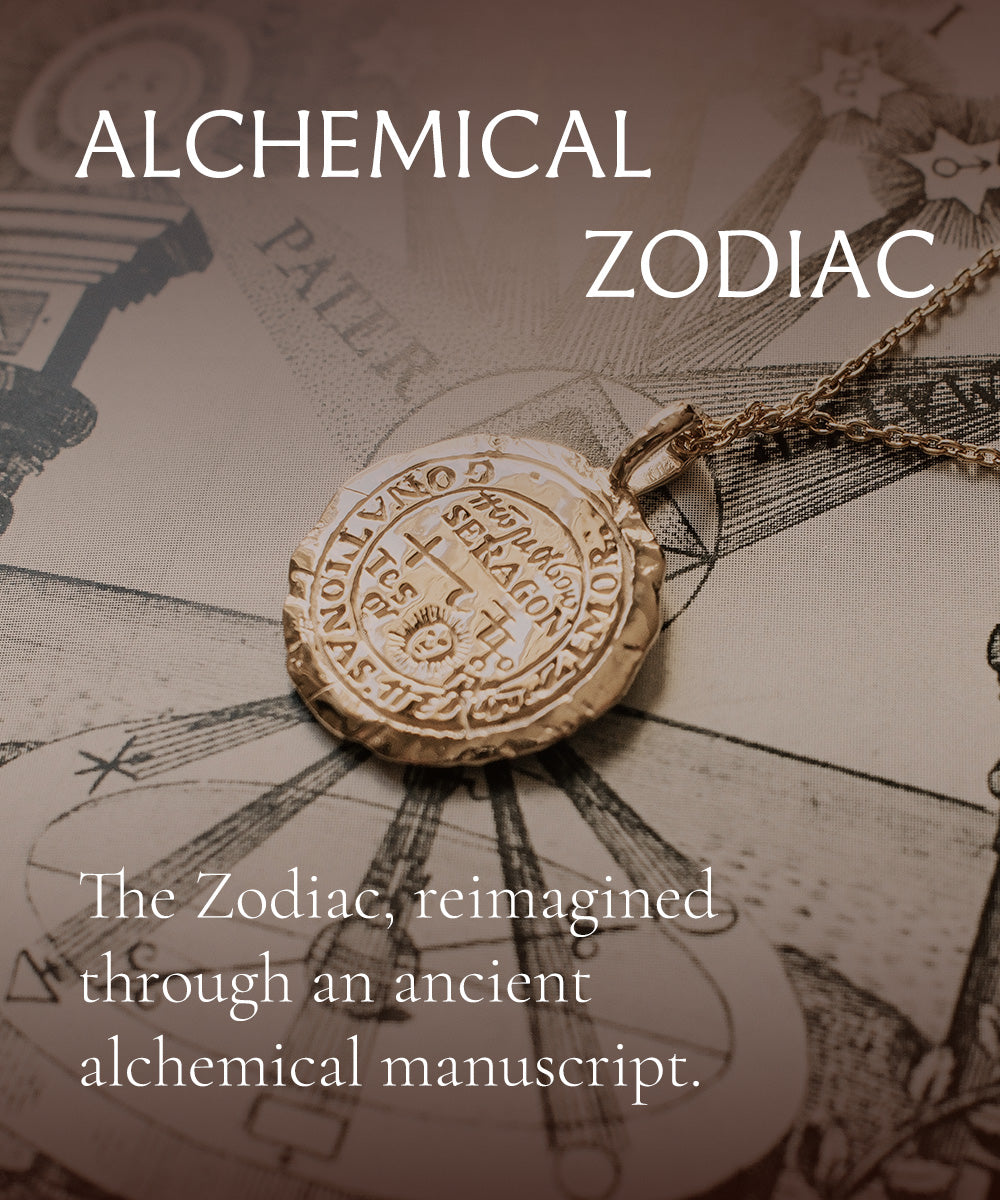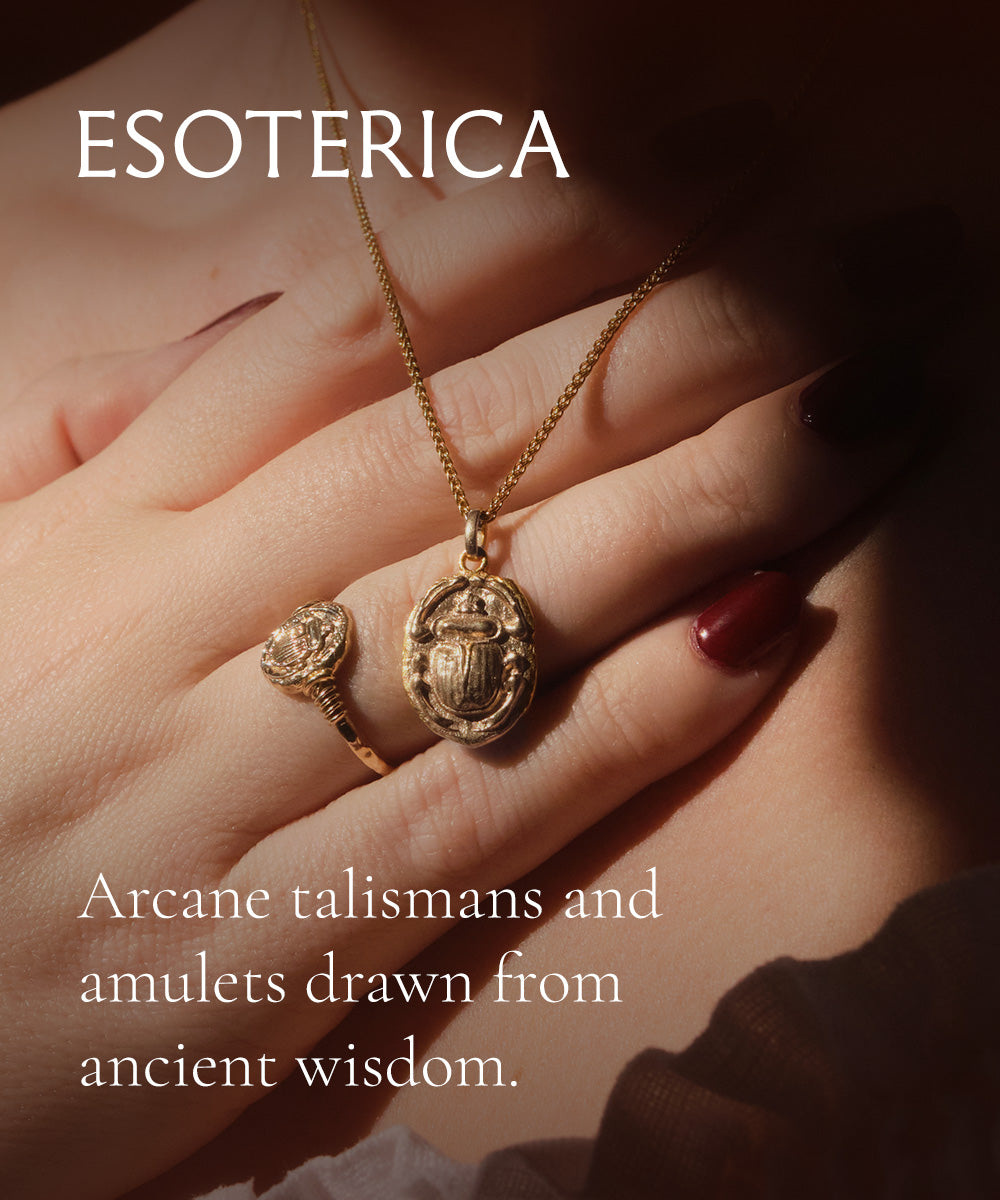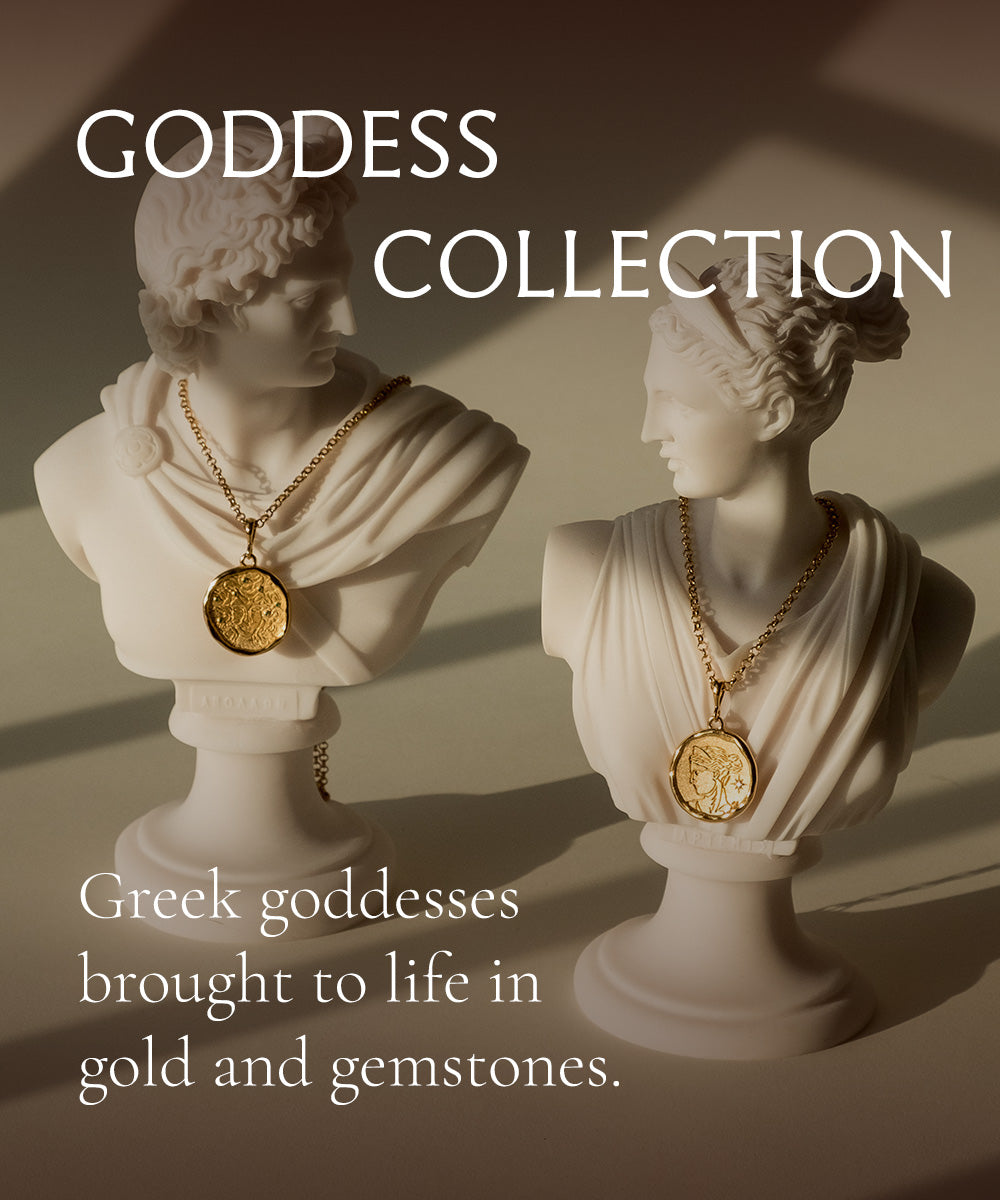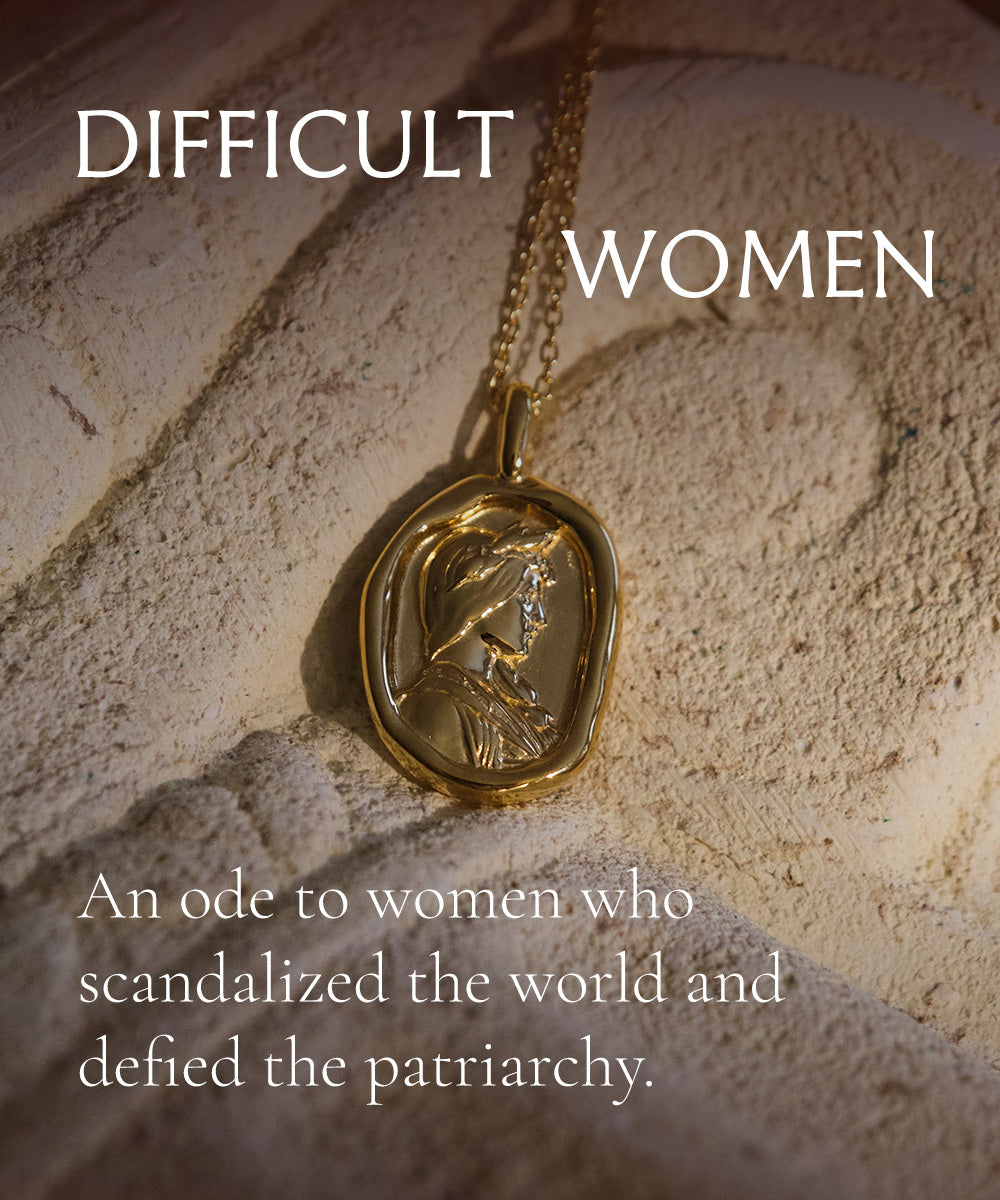Athena is the goddess of war, but leaving it at that would be doing her a great disservice.
A patron of heroes, bright-eyed Athena is known for her wisdom, her crafts, and her strategic prowess. The great Greek city Athens named themselves after the goddess with the sparkling eyes, and in her honor, dedicated themselves to the pursuit of wisdom. No bloodthirsty war goddess, Athena is a seasoned general, practiced and cunning, a stark contrast to Ares who revels in the blood and destruction of war.
These Olympian deities and half-siblings championed opposite sides of the Trojan war and Athena, who gave her counsel and wisdom to Odysseus, led the Greeks to victory. Always thinking several steps ahead, sharp-witted Athena bends situations to her favor. The pragmatic and composed war goddess will best the brutish war god every time. He is a house built on sand. Remember this when men speak over you in meetings.
Even so, Athena is not without her wrath. A famous and terrible story is that of Ovid’s Medusa. Before the iconic snakes-for-hair and eyes that turn men to stone, fair-cheeked Medusa was a beautiful maiden who was raped by Poseidon in the sacred temple of Athena. Unable to punish Poseidon for this slight, Athena transformed Medusa into her infamous form.
An easy and common interpretation is that Athena was a victim-blaming member of the boy’s club who stole Medusa’s beauty and turned her into a monstrous creature. But I am reminded of an earlier story, in which Athena visited the smith god Hephaestus to talk weaponry, but instead of doing his job, Hephaestus tried to assault Athena. The goddess was able to fight him off, but I cannot imagine such a horrifying situation could be brushed off and forgotten. No, this traumatic experience weighed heavily on grey-eyed Athena, who, after finding Medusa on the steps of her temple, gave her the power to defend herself from the brutality of men.
Behind those stormy eyes is a tempest, swirling with power and brilliance and conflict. Athena is both wisdom and wrath, twin snakes coiled about her wrists. Painfully often, I have been told that I come across as abrasive in my quest for justice, and that I must be calm and polite if I want anyone to listen to me. I have never heard anyone give this sage advice to young men. Perhaps that’s because it’s a straw man argument, dripping with misogyny, but hearing things like this is when I truly begin to understand the duality of steely-eyed Athena: wisdom and wrath go hand in hand, because when you understand the truth of things, you are like to become very angry with what you’ve found.
“…show me the way of mind / over what’s-the-matter-with-you, girl, swirling from mouths / of righteous dudes. O goddess of attitudes, yes, ma’am, / Madame of the owl tiara, bird woman enthroned, / big cog of the cosmos, born from the noggin of Zeus, / hear my prayer, because I’m adrift in a sea of words…” -Barbara Hamby, “Athena Ode”
Greek deities were unique in that they were like humans in their folly, and being the most rational of the gods, Athena understood and accepted this. I think it is this acceptance that allowed Athena to keep her wrath from clouding her judgement, instead, it was the shining beacon that led her to victory. By embracing her flaws, her pain, her darkness, Athena triumphs. Dread Athena, relentless goddess, pragmatic and clever with all the might of Olympus behind her, she nurses a very tiny, almost human bud of iron mercy, planted deep in the marshes of her soul.
